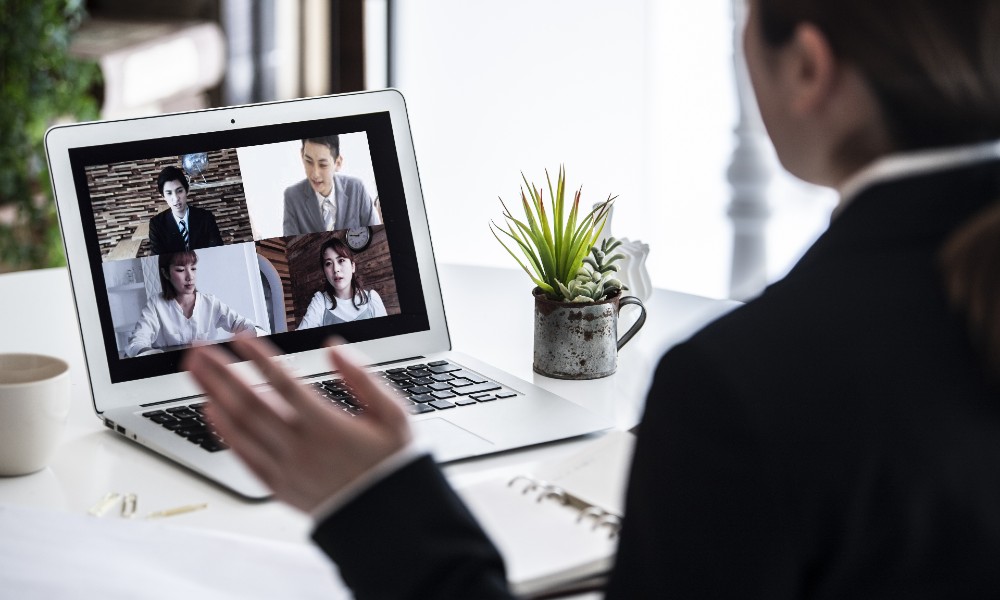
COVID-19 has changed the way people get their jobs done out of sheer necessity. Those workers who don't absolutely need to go into an office to perform their work were able to quickly transition to a remote work model that affords both employees and employers a number of benefits and major amounts of flexibility.
When the pandemic ultimately dies down and it becomes safe to resume normal indoor activities, what will work life look like? How the future of work will be defined is a complex issue, and there seems to be no consensus among workers and employers about what working culture will look like moving forward.
Byron Crowell, founder of technology startup Solution Publishing, told ABC Action News that he plans a traditional workplace culture for his company where people interact face to face in an office setting.
"We want butts in seats,” said Crowell. “We are building a startup culture from scratch, so it’s important to us to have people who are together and can share things on a moment's notice. We can immediately interact with each other and make changes.”
Not all workers and employers feel the same way, however, with many advocating for a "hybrid" model where employees spend some days in an office and others with the flexibility of working remotely.
“We’ve been pushing the remote work rock uphill for over 17 years, helping organizations develop flexible and remote work strategies,” said Kate Lister, president of Global Workplace Analytics. “This is the opportunity for change. We are not going back to the way we were. The office isn’t going to go away, but it’s going to be different.”
“You are probably working longer hours, but on the other hand, all of the research shows that it actually improves work-life balance," said Lister of the remote or hybrid work schedule. "People find they are more productive at home. They are interrupted 35 minutes less per day, and out of all of those distractions, they are less stressed.”
Many workers seem to agree, and a study from Pew Research from December of 2020 indicates 54 percent of Americans wish to continue working from home after the pandemic ends.
Before COVID-19 the concept of the "digital nomad" was already an entrenched part of modern work culture. Steve Naito, a self-professed digital nomad, is the CEO of Anyplace, a company dedicated to finding jobs for people in the places they wish to live.
“Many people have become digital nomads without having to quit their jobs,” Naito said. "But, before the pandemic, to become a digital nomad, you had to quit your job and start your own business. Remote work is becoming the norm. I started this lifestyle before the pandemic. I believed the future of work is remote, and now due to the pandemic everyone understands this is the future.”
Edited by
Luke Bellos